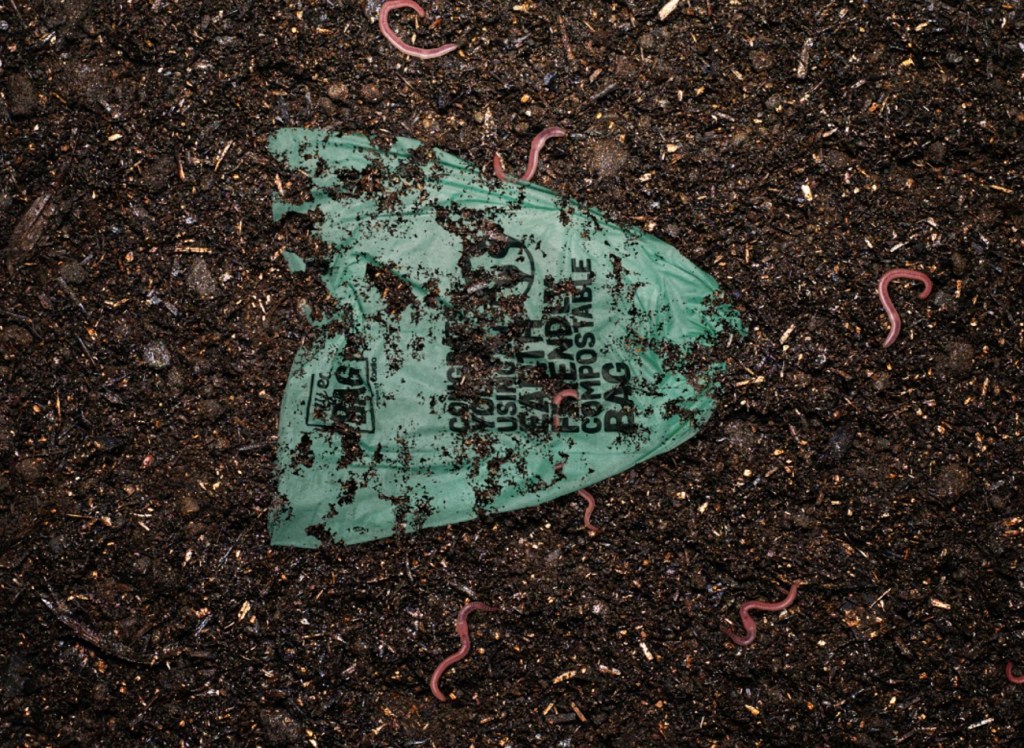SECOS Group, the parent company of Australia’s leading compostable packaging brand, MyEcoBag, has been successful in a joint industry-university bid to secure $40 million in funds over a 10-year period, from the Federal Government to establish the Cooperative Research Centre (CRC) aimed at Solving Plastic Waste.
The total resources available to the Solving Plastic Waste CRC is $140.6 million, including the CRC Program grant and contributions from partners such as SECOS.
The CRC will bring together leaders from international food brands, relevant peak bodies, international and national NGOs, Australian councils, environmental regulators and others, with a target to develop new technologies that will reduce Australia’s plastic waste by nearly 20% over the project’s 10-year duration.
From this project, SECOS aims to drive down plastic waste by fast-tracking its research and development (R&D) investment, with every $1 spent by SECOS now able to yield approximately $3 to $4 in actual R&D investment.
Of the four program areas in the CRC project, SECOS will focus on materials and design that reduce products’ environmental impact and implementing a circular economy through improved education and life cycle analysis to support behavioural change around plastic use.

MyEcoBag.
SECOS CEO and executive director, Richard Tegoni said the team is excited for the opportunity to work on such a groundbreaking project that will have a positive impact on people and planet.
“We are proud to be part of the distinguished team that was successful in its bid to receive this government funding under the Cooperative Research Australia’s program to establish the Solving Plastic Waste CRC. The SECOS R&D team will have the opportunity to work alongside experts within Australia’s best universities and industry stakeholders,” he said.
“There are two other drivers for the change in our thinking required around plastic waste. One being that microplastics are creating more concern in terms of the impact that plastic has on the environment and wildlife. Estimates as to the extent of this problem vary, but there is no doubt that microplastics are creating issues within the food chain.
“The second is the prevalence of plastic chemicals; the UN has identified over 3,000 plastic chemicals used in plastic production which have one or more hazardous properties of concern. These include chemicals that accumulate in the body, can mimic, block or alter the actions of hormones, reduce fertility, impact neurological development, damage the nervous system, and/or cause cancer.”

